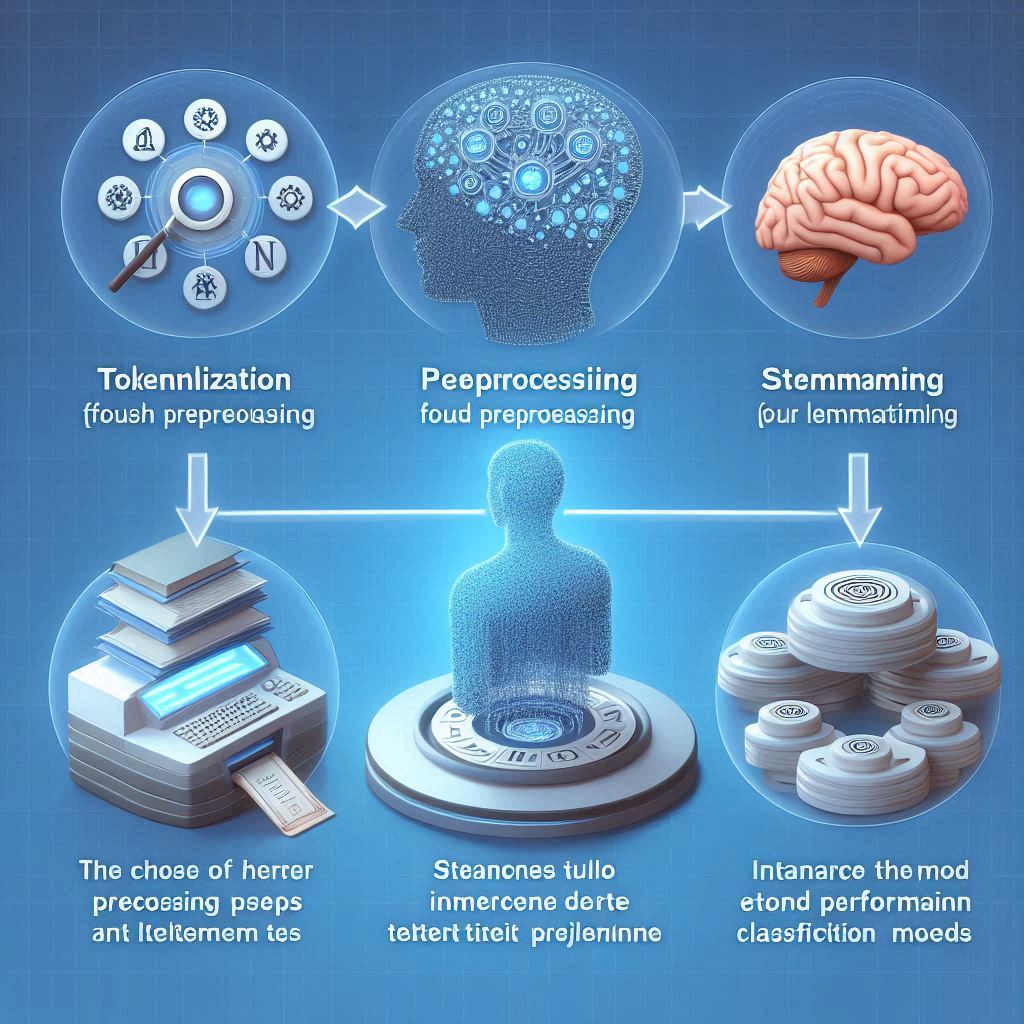Introduction: What is GPT-3?
GPT-3, or Generative Pre-trained Transformer 3, is an artificial intelligence language model created by OpenAI. It is capable of generating human-like language, completing tasks such as text completion and translation, and answering questions. GPT-3 is one of the largest language models on the market, with 175 billion parameters, allowing it to perform a wide range of tasks.
One application for GPT-3 is in the field of SEO, where it can be used to automate certain tasks, generate content, and improve user experience. In this article, we will discuss the benefits of using GPT-3 for SEO, and dive into specific use cases for optimizing content and automating SEO tasks.
Benefits of using GPT-3 for SEO
There are several benefits to using GPT-3 for SEO, including:
- Improved content creation
- Faster keyword research
- More effective meta descriptions
- Better content optimization
- Improved natural language processing
- Enhanced user experience
- Automating certain SEO tasks
GPT-3’s language generation capabilities can be used to create original content that is optimized for search engines, improving website rankings and driving more traffic to your site. Additionally, it can reduce the amount of time spent on manual SEO tasks such as keyword research and meta description creation, allowing marketers to focus on other areas of optimization.
GPT-3 and content creation for SEO
One of the most significant benefits of GPT-3 is its ability to generate human-like language, making it an ideal tool for content creation. With GPT-3, marketers can create high-quality content in less time, which is optimized for search engines and designed to engage users.
An example of how GPT-3 can be used for content creation is in generating blog post titles. Below is an example code in Python that utilizes the OpenAI API to generate blog post titles.
import openai
openai.api_key = "YOUR_API_KEY"
prompt = ("""What You Need to Know About SEO in 2022"""
"1. The importance of voice search"
"2. How to optimize your website for mobile devices"
"3. The impact of artificial intelligence on SEO"
)
response = openai.Completion.create(
engine="davinci",
prompt=prompt,
max_tokens=60,
)
title = response.choices[0].text
print(title)How GPT-3 can improve your keyword research
Keyword research is a crucial aspect of SEO, as it helps marketers identify what search terms their target audience is using to find products and services. With GPT-3, marketers can save time on keyword research by generating a list of relevant keywords based on a given topic or phrase.
Below is an example code in Python that utilizes the OpenAI API to generate a list of relevant keywords for the phrase “best pizza in New York City.”
import openai
openai.api_key = "YOUR_API_KEY"
prompt = ("""Generate a list of relevant keywords for "best pizza in New York City" """
)
response = openai.Completion.create(
engine="davinci",
prompt=prompt,
max_tokens=60,
)
keywords = response.choices[0].text
print(keywords)Using GPT-3 to generate meta descriptions
Meta descriptions are a crucial component of any SEO strategy, as they influence whether users click on a link when it appears in search results. With GPT-3, marketers can quickly generate effective meta descriptions that are optimized for search engines and designed to encourage clicks.
Below is an example code in Python that utilizes the OpenAI API to generate a meta description for a blog post about the benefits of meditation.
import openai
openai.api_key = "YOUR_API_KEY"
prompt = ("""Generate a meta description for a blog post about the benefits of meditation """
)
response = openai.Completion.create(
engine="davinci",
prompt=prompt,
max_tokens=200,
)
description = response.choices[0].text
print(description)Leveraging GPT-3 for content optimization
GPT-3’s language generation capabilities can also be used for content optimization, helping marketers to improve their website’s search engine rankings. For example, GPT-3 can be used to recommend changes to existing content that will make it more engaging and optimized for search engines.
Below is an example code in Python that utilizes the OpenAI API to recommend changes to an existing blog post about the benefits of meditation.
import openai
openai.api_key = "YOUR_API_KEY"
prompt = ("""Improve this blog post about the benefits of meditation """
"Original Post: Meditation has numerous benefits for your mental and physical health.")
response = openai.Completion.create(
engine="davinci",
prompt=prompt,
max_tokens=200,
)
new_post = response.choices[0].text
print(new_post)GPT-3 and natural language processing for SEO
GPT-3’s language generation capabilities can also improve natural language processing for SEO. With GPT-3, marketers can create content that more effectively matches the language and intent of their target audience.
For example, GPT-3 can be used to generate responses to frequently asked questions, improving website user experience and driving more traffic to a site.
Below is an example code in Python that utilizes the OpenAI API to generate responses to frequently asked questions about SEO.
import openai
openai.api_key = "YOUR_API_KEY"
prompt = ("""Generate responses to frequently asked questions about SEO """
"1. What is SEO?"
"2. Why is SEO important?"
"3. How do search engines work?"
)
response = openai.Completion.create(
engine="davinci",
prompt=prompt,
max_tokens=300,
)
responses = response.choices[0].text
print(responses)GPT-3 and website user experience
GPT-3 can also improve website user experience by generating content that is engaging, informative, and optimized for search engines. For example, GPT-3 can be used to create product descriptions and reviews that are tailored to a specific audience, improving conversion rates and driving more sales.
Below is an example code in Python that utilizes the OpenAI API to generate a product description for a new line of running shoes.
import openai
openai.api_key = "YOUR_API_KEY"
prompt = ("""Generate a product description for new line of running shoes """
)
response = openai.Completion.create(
engine="davinci",
prompt=prompt,
max_tokens=500,
)
description = response.choices[0].text
print(description)Automating SEO tasks with GPT-3
Finally, GPT-3 can be used to automate certain SEO tasks, freeing up marketers to focus on other areas of optimization. For example, GPT-3 can be used to generate reports on website analytics, identifying areas for improvement and suggesting strategies for optimization.
Below is an example code in Python that utilizes the OpenAI API to generate an SEO report for a website.
import openai
openai.api_key = "YOUR_API_KEY"
prompt = ("""Generate an SEO report for www.example.com """
)
response = openai.Completion.create(
engine="davinci",
prompt=prompt,
max_tokens=500,
)
report = response.choices[0].text
print(report)GPT-3 limitations and concerns for SEO
Despite its many benefits, GPT-3 has limitations and concerns when it comes to SEO. One concern is that it may generate low-quality content that is difficult for search engines to index. Additionally, there are ethical concerns around using AI for content creation, as well as concerns around privacy and data security.
Conclusion: Is GPT-3 right for your SEO strategy?
In summary, GPT-3 has the potential to be a valuable tool for marketers looking to improve their website’s search engine rankings. From content creation to automation, GPT-3 can help marketers save time and optimize their website for search engines and users. However, it’s important to consider the limitations and ethical concerns around using AI for SEO, and carefully evaluate whether GPT-3 is the right choice for your strategy.













2 thoughts on “GPT-3 For SEO”